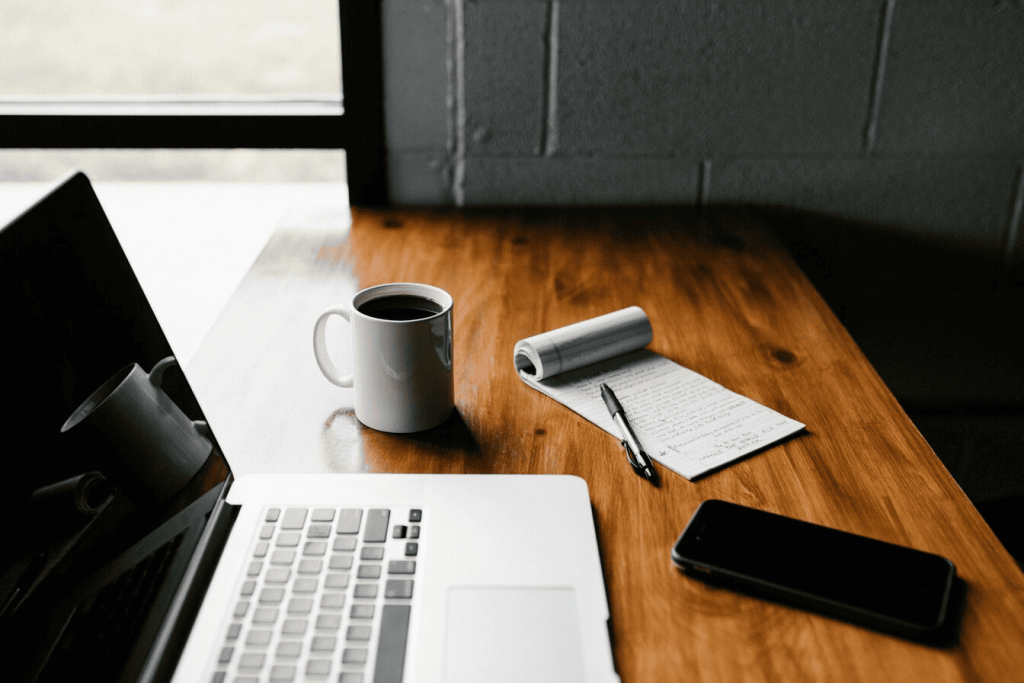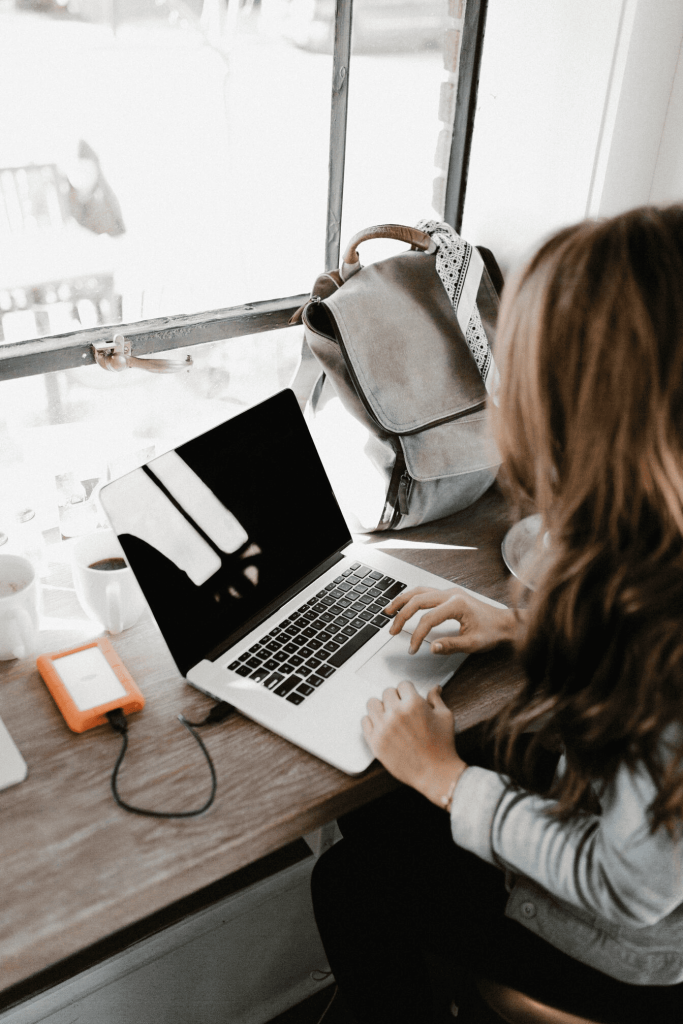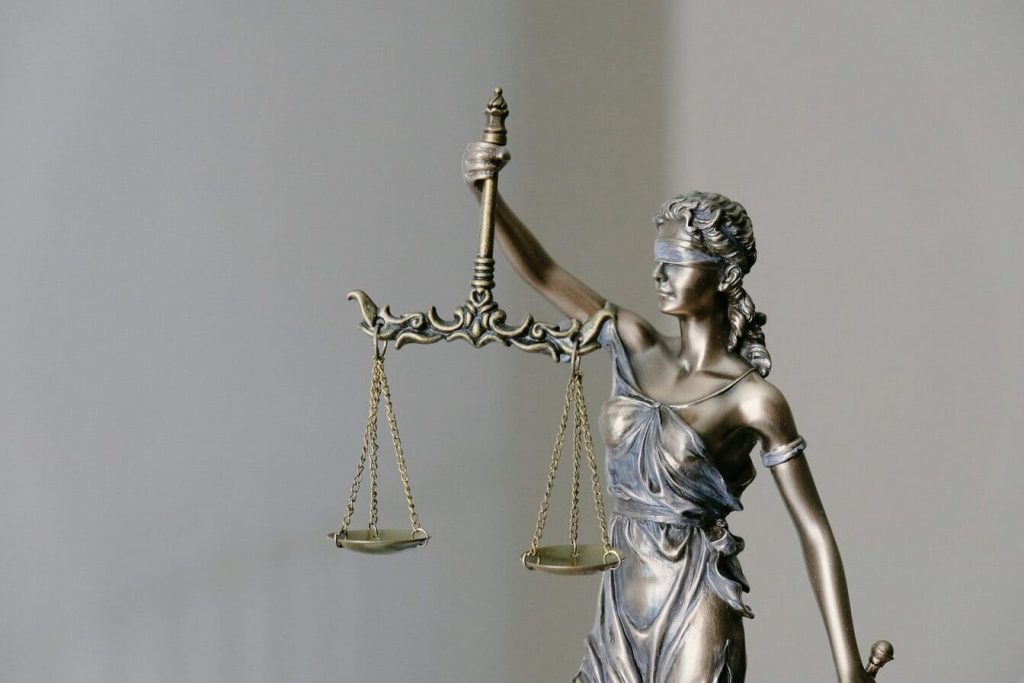Plagiarism is copying someone else’s work. The phrase is common in an educational setting, but are there any legal implications of plagiarism? The short answer is yes, plagiarism is illegal. But there are not always legal consequences.
Read our comprehensive guide as we ask, when is plagiarism illegal?
Sep 30, 2024 • 5 min read
What Are the Different Types of Plagiarism?
Let’s get back to basics and clarify what we mean by “plagiarism.” Merriam-Webster defines the verb “to plagiarize” as to steal.
- Plagiarize (verb):
- To steal and pass off (the ideas or words of another) as one’s own.
- To commit literary theft.
Here are some types of plagiarism so you can try and avoid it.
1. Submitting Someone Else’s Work
The most blatant type of plagiarism involves submitting someone else’s work. This includes submitting a friend’s homework answers or assignments, even if they’ve let you use them.
It also includes submitting a stranger’s assignment, such as an assignment downloaded from the internet.
2. Buying an Assignment
You will also be guilty of plagiarism if you buy an assignment from an online website. Some websites offer a fully written service for a price. However, even if the assignment you buy is original, it is still plagiarized as it’s not your work.
3. Editing Someone Else’s Work
It is also plagiarism if you have taken someone else’s work and edited sections of it. There’s still a chance that edited work will be recognized as plagiarism.
4. Pasting Together Numerous Sources
You’ll be guilty of plagiarism if you paste together several sections from multiple sources. This is called verbatim plagiarism. Even though the assignment you’ve created is new, each section is individually plagiarized.
5. Failing to Cite Sources
You can face accidental plagiarism in academic writing by failing to cite sources. So, even though you’ve written the assignment yourself, an uncited source still counts as plagiarism.
To avoid plagiarism, learn to cite your sources and check college requirements.
6. Inaccurate Citations
Failing to cite your sources and bibliography and not giving proper credit to writers can result in possible plagiarism. Whether you are directly quoting or paraphrasing, it’s essential to include accurate citations.

Is Plagiarism Illegal in the US?
It is illegal to plagiarize in the US. Copyright laws protect US citizens and look after intellectual property. So, you can’t use someone else’s written words without their permission. If you plagiarize in a professional setting, you could be guilty of fraud or copyright infringement.
If you’re a student who plagiarizes academic writing, chances are you won’t be doing anything illegal. You will be found to commit academic dishonesty, however, and your studies will suffer. You may fail your course or be limited to a threshold mark.
Your college may stop you from studying at their institution. Whatever happens, your studies and future career will be jeopardized. Furthermore, plagiarism will remain on your permanent student record.
If you are a professor or an academic, you must maintain academic integrity. If you plagiarize in your role, you could be accused of committing severe academic dishonesty and deceitful or misleading behavior.
What Are the Legal Consequences of Plagiarism?
Now that we’ve answered the question “Is plagiarism illegal in the US?” it is time to focus on what happens if they catch you plagiarizing. The legal consequences of plagiarism will vary on a case-by-case basis. It will also depend on whether you’ve profited financially from the plagiarism.
So, if you plagiarize a few lines for your college assignment, chances are you won’t face legal consequences. However, it is still unethical and you’ll face ramifications at college from your professors.
But, let’s say you plagiarize an entire book and earn a substantial amount of money as a result. In this situation, you could face a significant fine of around $250,000. In extreme circumstances, you could face up to ten years in jail.
However, you can prevent accusations of plagiarism by using dependable plagiarism-checking tools.
How Can I Avoid Plagiarism?
To avoid plagiarism, ensure all your essays and assignments are your own work. Any sources you use must be cited properly and be in line with your college’s requirements.
Use our expert Plagiarism Checker tool to prevent falling into the trap. Most online plagiarism checkers charge a fee but Smodin’s AI tool is free!
A plagiarism checker can identify text that is likely to be plagiarized. You can scan text from assignments as well as unpublished or private documents.
Take all necessary steps to ensure you don’t commit plagiarism. Give proper credit to sources and use your own words.
Use Smodin’s AI Tools and Don’t Worry About Breaking Plagiarism Laws
So, is plagiarism illegal? Yes, it is, so do everything you can to avoid it! Our Plagiarism Checker is second to none and will spot-check any text to identify plagiarism. This way you do not need to worry if you have broken any plagiarism laws.
Join the Smodin community and explore the AI tools that can help develop your writing. You’ll find a range of resources and blogs to improve your grades.
Use Smodin today and produce high-quality, original work.

FAQs
Does plagiarism prevent proper credit from being given to the author?
Plagiarism does prevent proper credit from being given to an author. When a person creates written text, an image, or a piece of music, they deserve credit for their work. If you use someone else’s work without their permission, you’re stealing their intellectual property.
Plagiarism is illegal in which situations?
Plagiarism is a form of stealing and there’s some protection under US copyright laws.
You won’t face legal consequences when plagiarizing a paragraph of your college essay. But you could if you steal an entire book and make a profit. Penalties include a substantial fine and even a jail sentence.
Are there plagiarism laws?
There are no actual plagiarism laws but there are copyright laws. The US copyright laws safeguard intellectual property in situations like a professional academic setting and ensure proper credit is due.
What happens if I commit academic dishonesty?
If you commit academic dishonesty, your studies and career will suffer. The allegation of plagiarism will stay with you permanently and you could be thrown out of college.
You can avoid plagiarism by citing your sources and offering proper credit to the authors. Use your own words and ensure you cite both direct quotes and paraphrases.
If I buy an assignment online, will I be accused of plagiarism?
Yes, buying an assignment online will result in allegations of plagiarism. Purchasing an assignment is not unethical in itself. But, once you’ve submitted the purchased assignment in your own name, you have committed plagiarism.
Some students purchase assignments online so they can read a good assignment and gain some inspiration. This isn’t technically the wrong thing to do. But you cannot submit the assignment. Any sources included in your submission must be cited correctly and fully.





 AI
Plagiarism Checker
AI
Plagiarism Checker
 AI
Content Detection Remover
AI
Content Detection Remover
